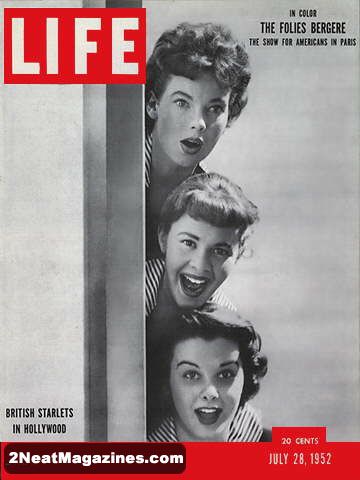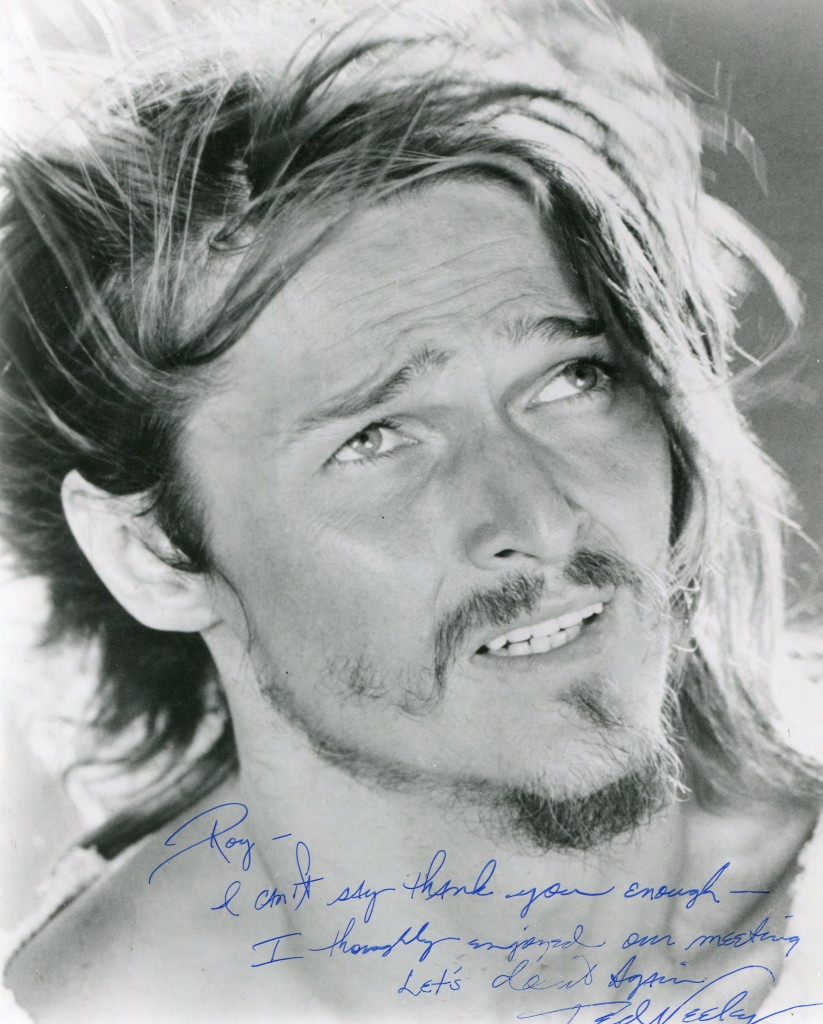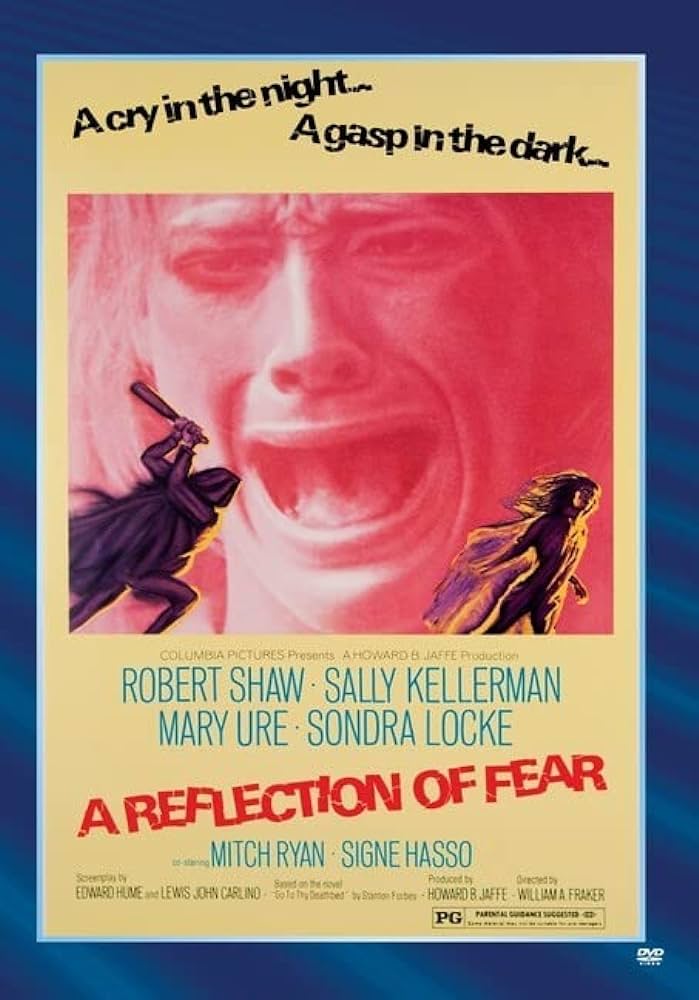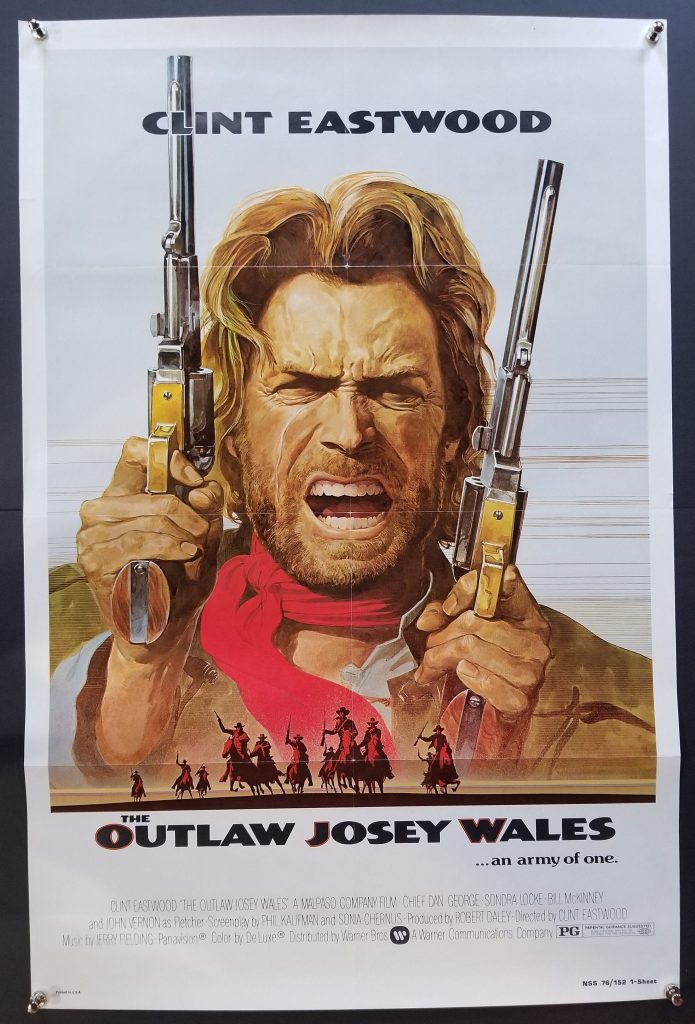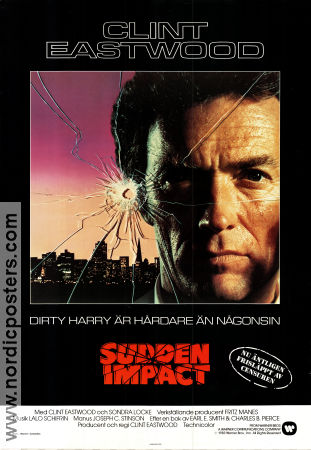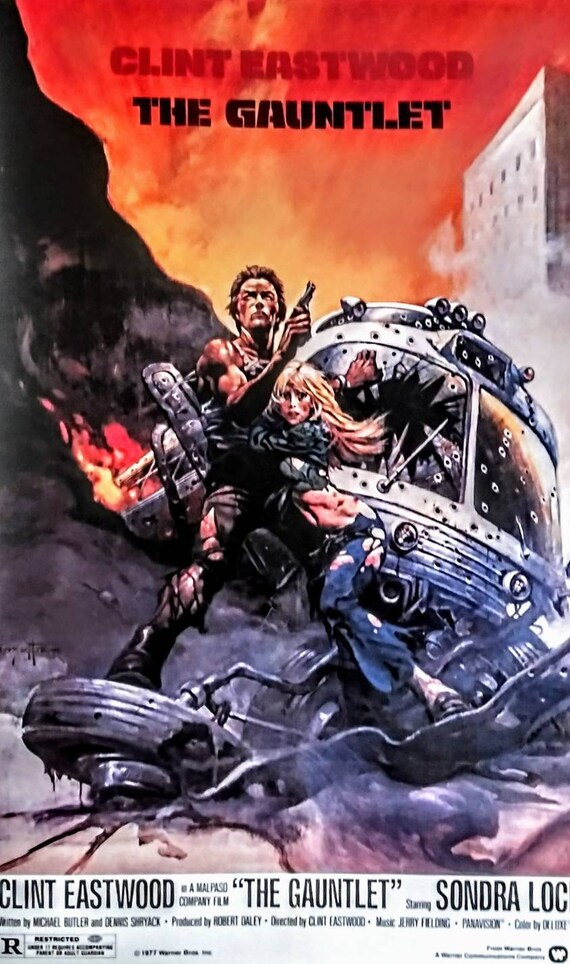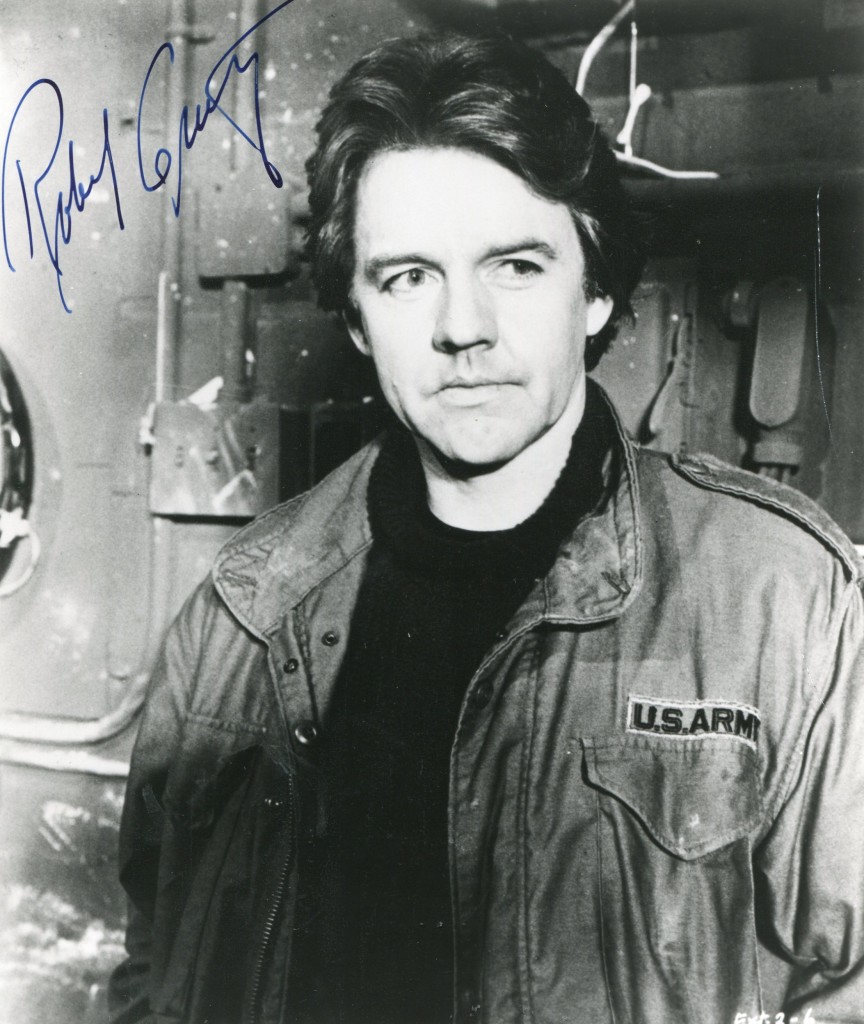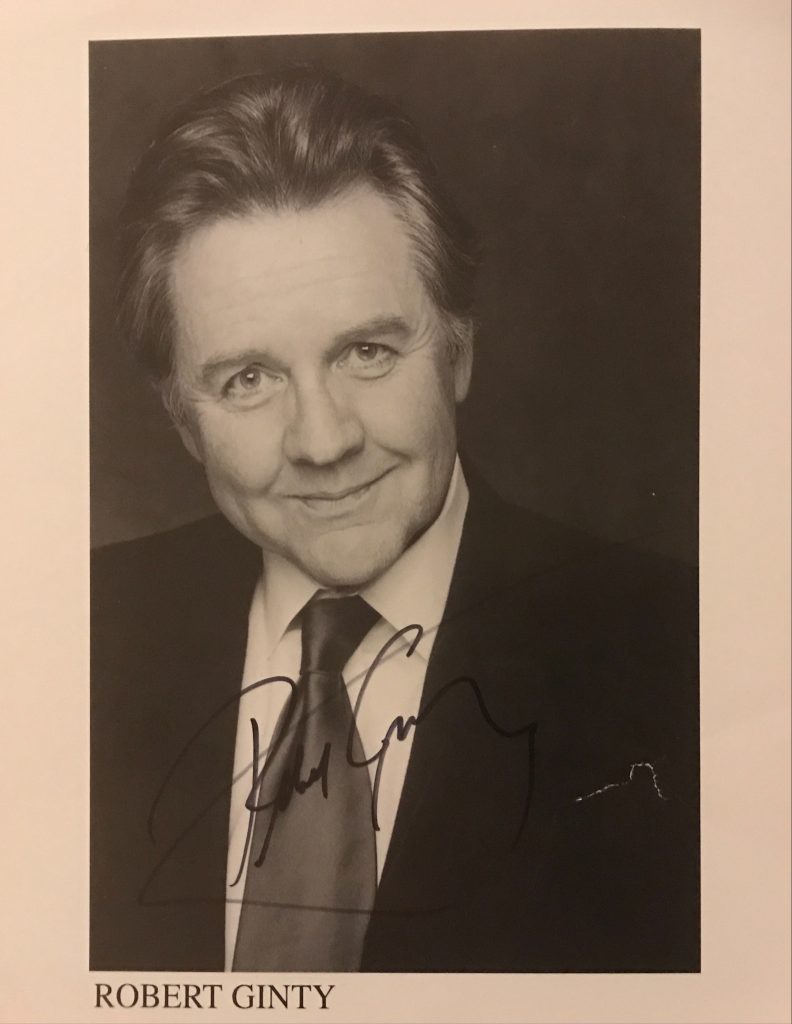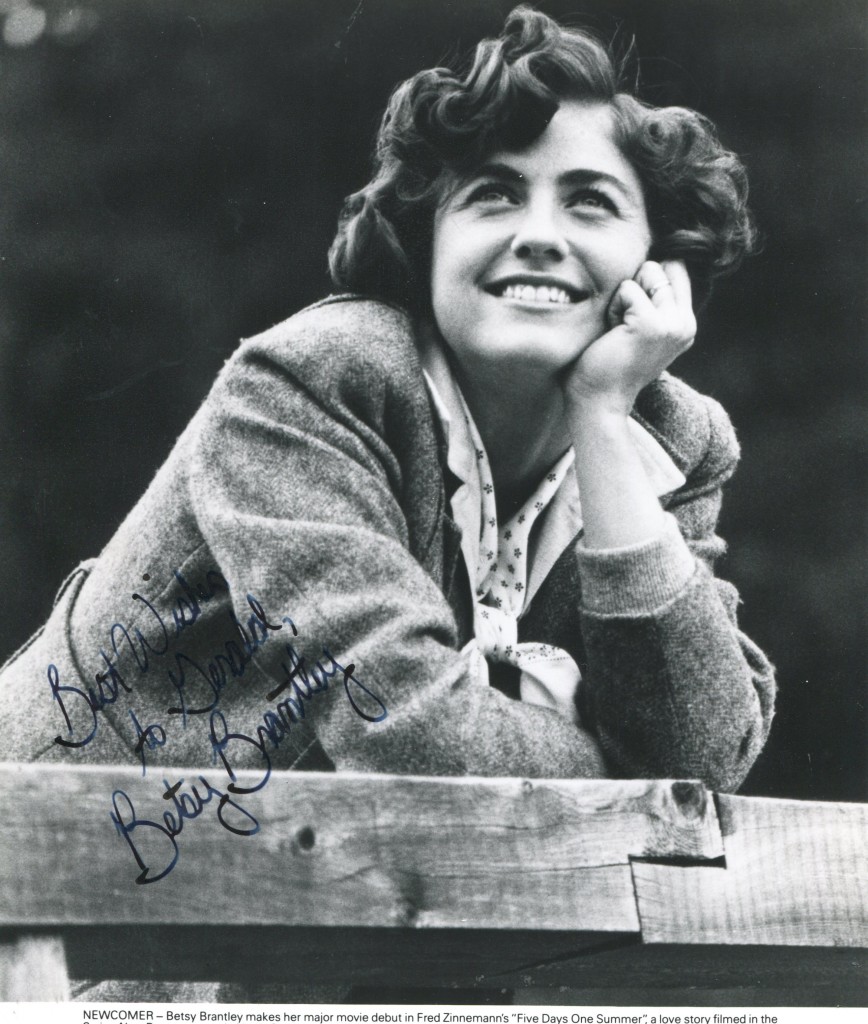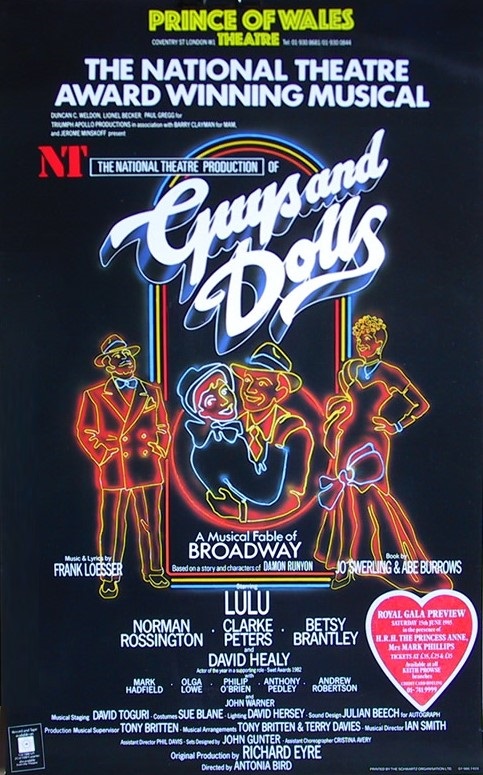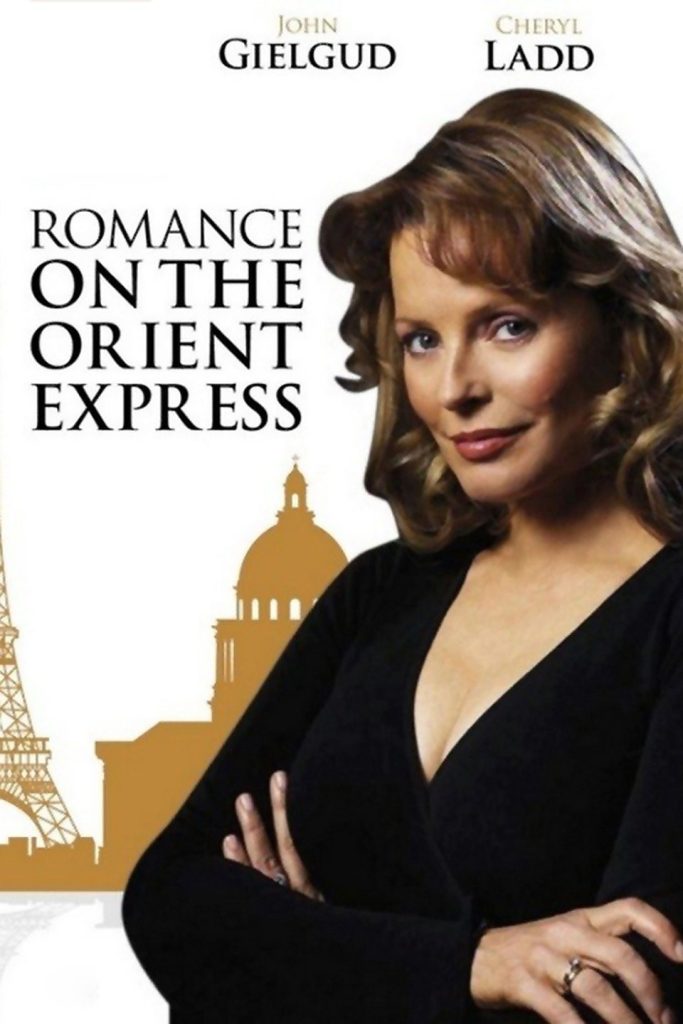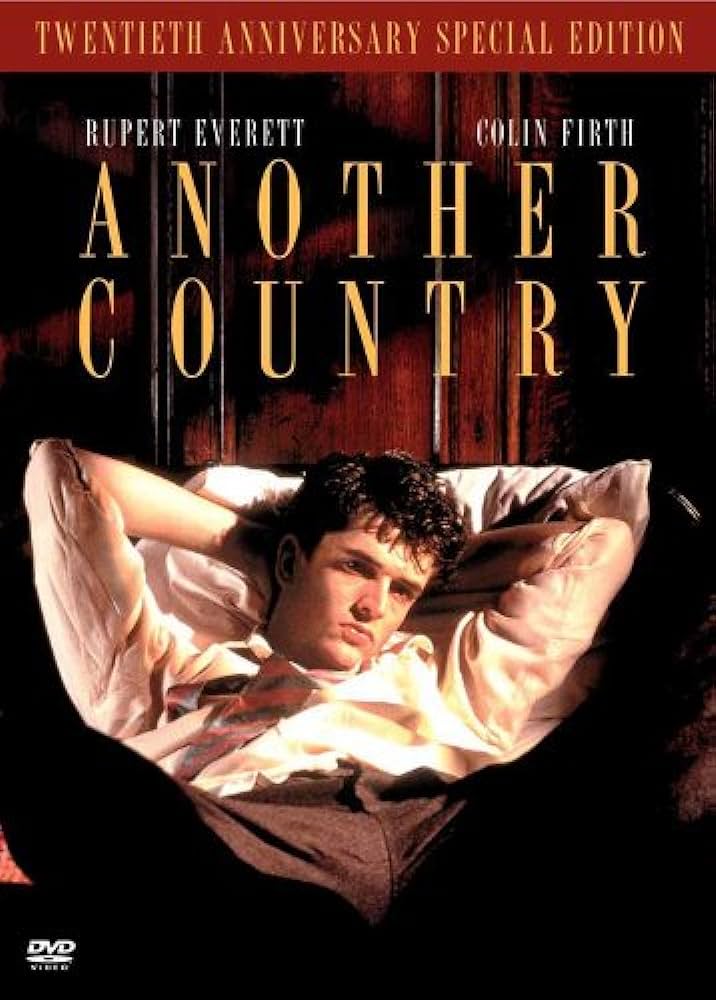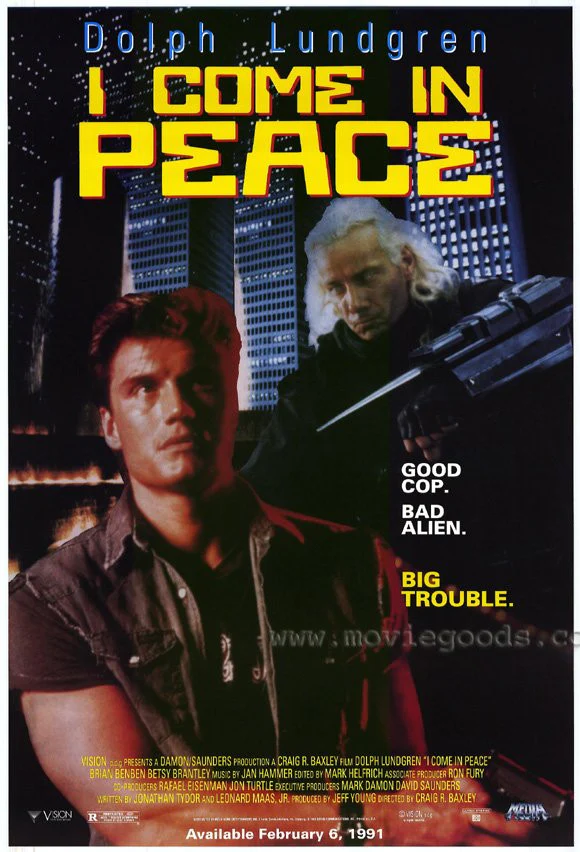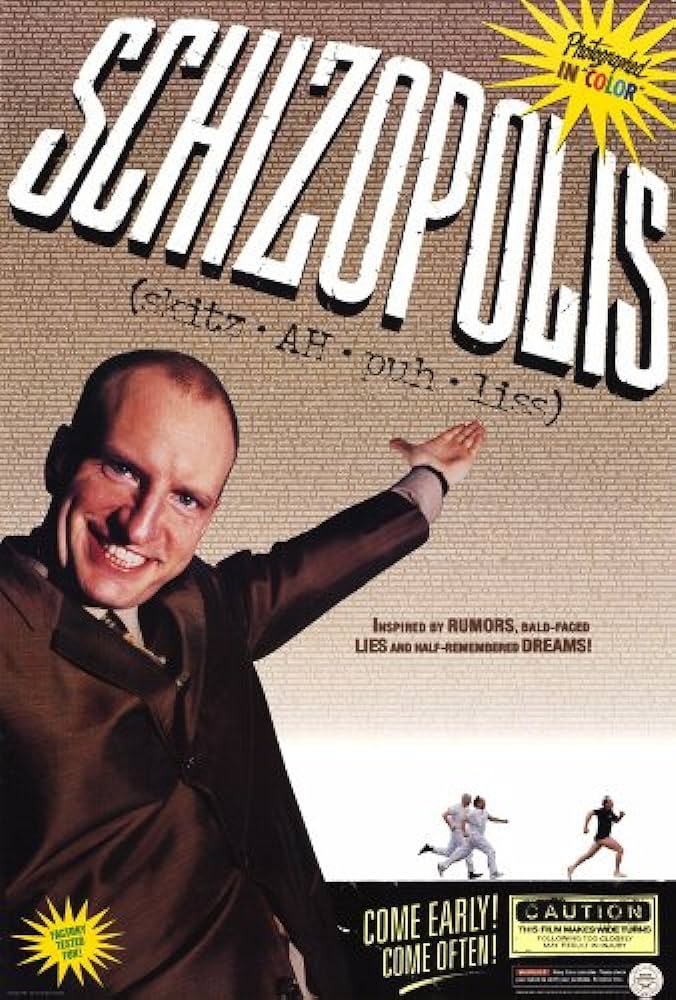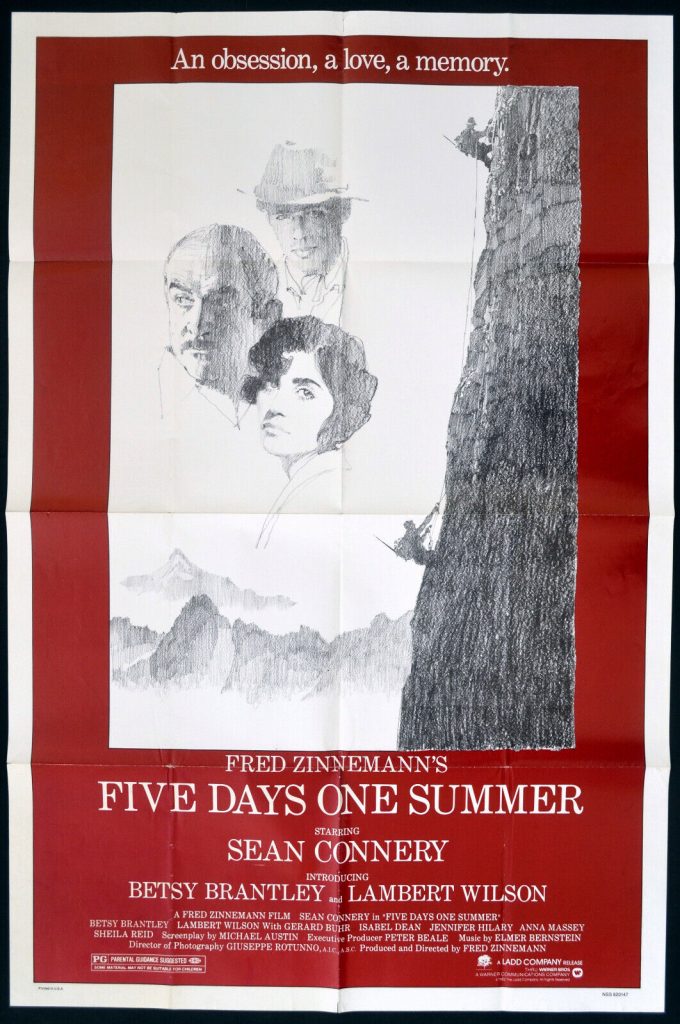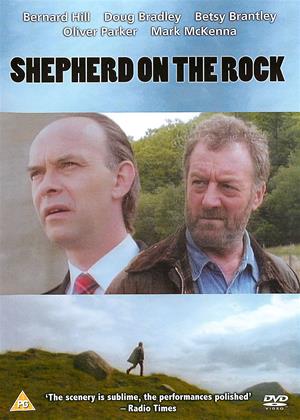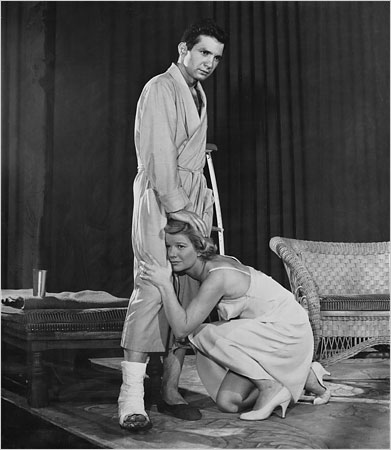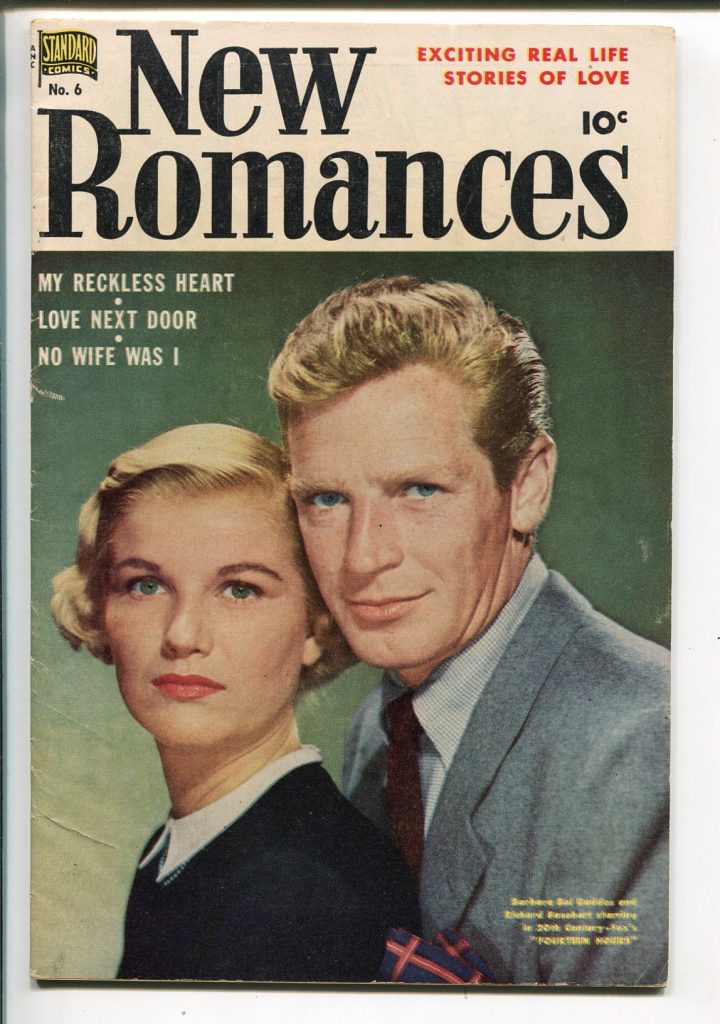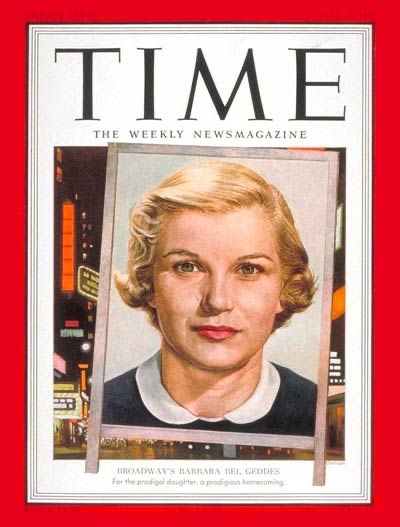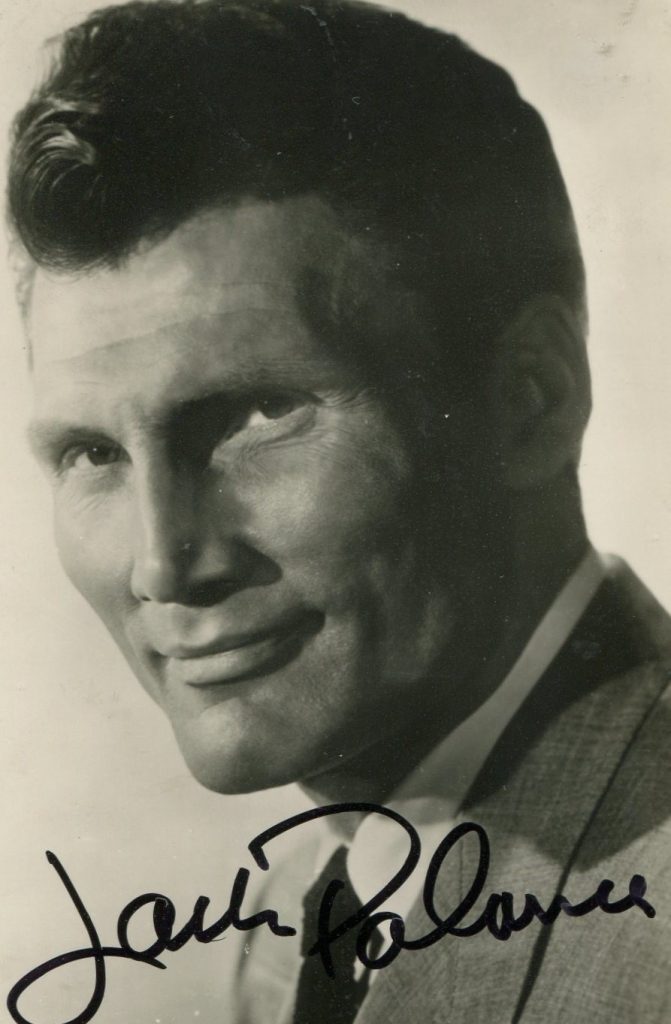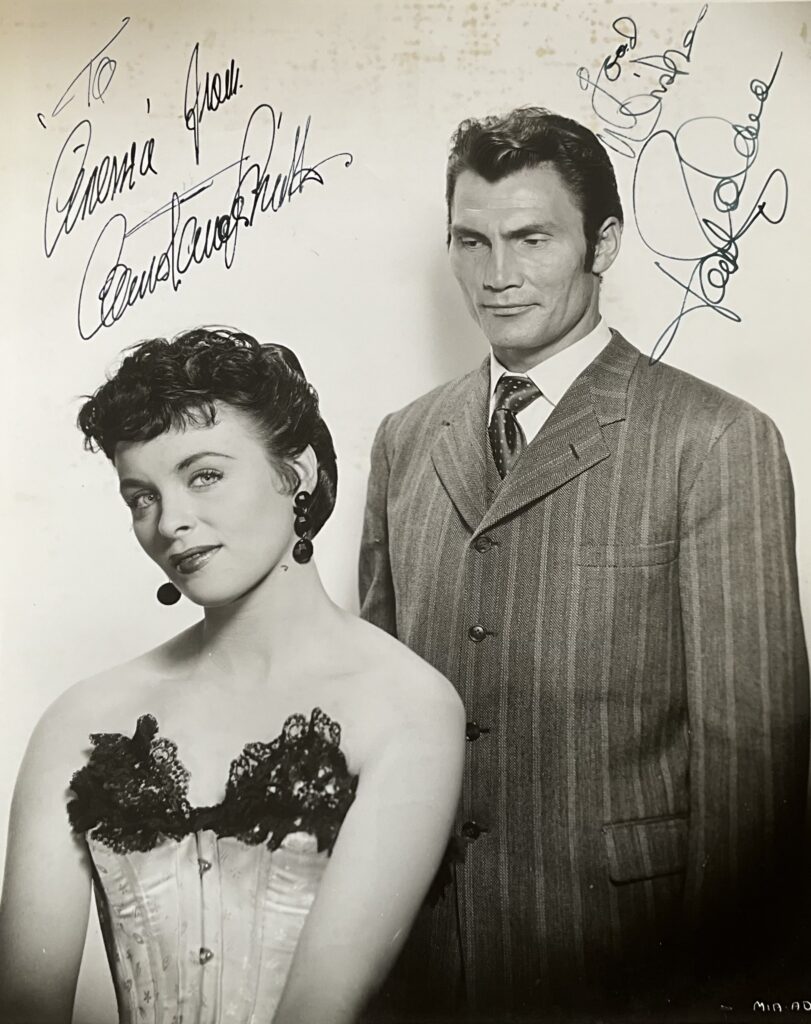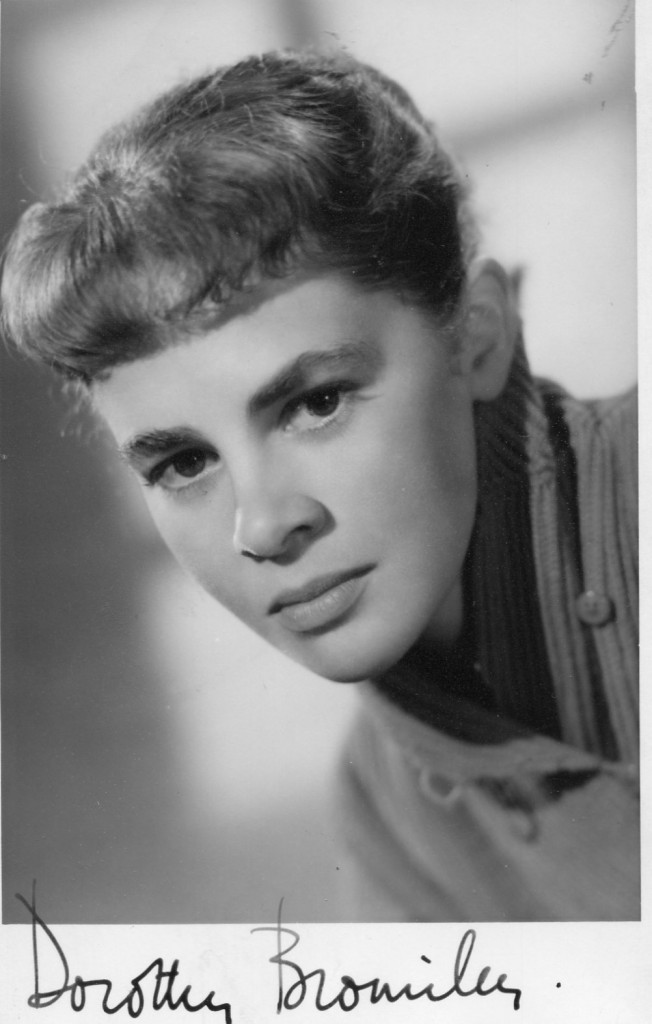
Dorothy Bromiley was born in 1930 in Manchester. In 1952 she, along with Joan Elan and Audrey Dalton won major parts in the movie”The Girls of Pleasure Island” which was made in Hollywood. Ms Bromiley did not stay in the U.S. but pursued her career in Britain. Among her other films are “It’s Great to be Young” with John Mills in 1956 and “The Servant” which was directed by her one time husband Joseph Losey. An interesting article on Dorothy Bromiley can be accessed here.
Dorothy Bromiley Phelan (born 18 September 1930) is a British former film, stage and television actress and authority on historic domestic needlework.
Born in Manchester, Lancashire, the only child of Frank Bromiley and Ada Winifred (née Thornton). Bromiley played a role in a Hollywood film before returning to the UK where, in 1954, she started work as assistant stage manager at the Central Library Theatre, Manchester; followed by a West End stage role in The Wooden Dish directed by the exiled US film and theatre director Joseph Losey(who became Bromiley’s husband from 1956 to 1963). They have a son by this relationship, the actor Joshua Losey. Since 1963 Bromiley has lived with the Dublin-born actor and writer Brian Phelan (who appeared in the 1965 film Four in the Morning), they have a daughter, Kate.
Bromiley attended the Royal Academy of Dramatic Art.

Bromiley successfully auditioned for the role of Gloria in the Hollywood film The Girls of Pleasure Island (Paramount, 1952). Her major roles in several British films include sixth former Paulette at Angel Hill Grammar School (aged 26 at the time) in It’s Great to Be Young (1956) in which Bromiley’s singing voice for the Paddy Roberts/ Lester Powell Ray Martin song “You are My First Love” was dubbed by Edna Savage (and by Ruby Murray in the pre-credits sequence), Rose in A Touch Of The Sun (1956) co-starring with Frankie Howerd, Sarah in Zoo Baby (1957) with Angela Baddeley, Small Hotel (1957), Angela in The Criminal (1960) and a minor role in The Servant (1963), the latter two directed by Losey.
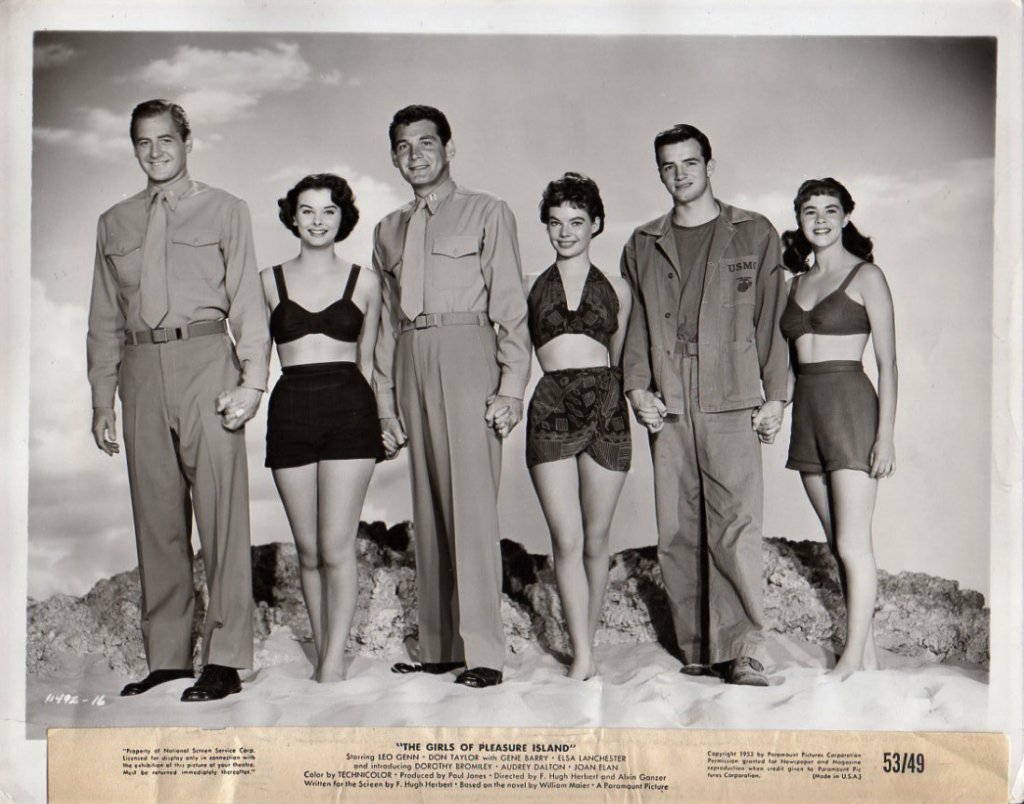
Bromiley made her television drama debut as Pauline Kirby in “The Lady Asks For Help” (1956) an episode of Television Playhouse produced by Towers of London for ITV. This was followed by the role of Ann Fleming in “Heaven and Earth” (1957) part of the Douglas Fairbanks Presents series for ATV. Directed by Peter Brook, it also starred Paul Scofield and Richard Johnson, and was set on board a plane that develops engine trouble. Bromiley also had roles in such popular television series as The Adventures of Robin Hood (1956) as Lady Rowena (“Hubert” episode), Armchair Theatre (1957), Play of the Week (“Arsenic and Old Lace”) (1958), Saturday Playhouse (“The Shop at Sly Corner”) (1960), Z-Cars (1964), The Power Game (1966) and No Hiding Place (1965, 1966), and the television play Jemima and Johnny (1966). Her last television drama role was as Sarah Malory in Fathers and Families (BBC Television, 1977) directed by Christopher Morahan.

Dorothy Bromiley taught at the London Academy of Music and Dramatic Art (LAMDA) between 1966–72 and left to create The Common Stock Theatre Company, staging socially relevant theatre in colleges and non-traditional halls.

Retired from acting, Dorothy Bromiley lives in Dorset, and has developed an interest in 16th and 17th century amateur domestic needlework, writing on the subject, and curating two major exhibitions

Add Your Heading Text Here
Dorothy Bromiley, a 21-year-old actress from Manchester, was in her final year at the Central School of Speech and Drama in London when the Hollywood producer F Hugh Herbert came looking for three “typical” British girls. “My agent went all poker-faced, said ‘I want you to get used to interviews’, and sent me to see Mr Herbert,” she recalled.
He was casting for The Girls of Pleasure Island (1953), a comedy about a straitlaced Englishman who lives on a South Sea island with his three daughters. Other than their father the girls have never set eyes on another man. One day their paradise is invaded by 1,500 American marines — who have not seen a woman for months.
Hundreds of actresses were auditioned, nine were called for screen tests and three were selected: Bromiley, Audrey Dalton and Joan Elan, all from different drama schools. “Of course, I’m terribly excited about going to Hollywood,” she told the Manchester Evening News. “But I really want a stage career and I hope to save enough money in Hollywood to help me on the stage.
The trio landed in New York on the first day of spring 1952 and Bromiley went for a walk in Central Park. Overwhelmed by her new situation she burst into tears and was comforted by a “wonderful Irish cop” who, when she explained why she was in America, reassured her that “you have the world at your feet”. Two days later she reached California. “Almost at once we were plunged into fittings and wardrobe tests and whatnot,” she said.
While making The Girls of Pleasure Island the actresses featured on the cover of Life magazine. Meanwhile, Bromiley was elected as official mascot for the Manchester United football team during their visit to California, kicking off their match against Mexico. Her future looked bright and she was called for screen tests for a film starring Ginger Rogers and William Holden. Yet gradually she realised that she was not in control of matters
The Girls of Pleasure Island was released in April 1953 and the cast set out on a publicity tour of America, visiting 35 cities in five weeks. “Don’t ask me which town was Boston or which was Memphis, everything went by so quickly,” she said. Their task was to appear on stage after a screening of the film and act a sketch written by Herbert.
Returning to Hollywood, she bought a green Morgan car and socialised with friends while waiting for Paramount to come up with her next role. “I’d have loved to do some theatre work, but it’s awfully difficult for non-resident aliens to take this up because of American Actor’s Equity rulings,” she said. Her studio contract also meant turning down a Broadway offer from Sir Cedric Hardwicke, the British producer.
In an article for Picturegoer magazine Bromiley said that it dawned on her that there were to be no more scripts and no more films. “As Paramount had launched me as a feature player, it wasn’t going to ‘downgrade’ me into bit parts,” she said, wondering if she had arrived in Hollywood at too high a level.
Eventually she returned home, a little older and a little wiser. “Naturally I’m disappointed, and I’m even a little embarrassed because I’m the Manchester girl who didn’t, after all, make good,” she wrote, adding defiantly: “I don’t intend ever to forget Hollywood. I’m now going to have a fresh shot at show business in Britain. Then one day I’m going to return to California — to show ’em
Dorothy Ann Bromiley was born in Levenshulme, Manchester, in 1930, the only child of Frank Bromiley, a football reporter, and his wife, Ada Winifred (née Thornton). She was educated at Levenshulme High School, appearing on stage in her teens as Joyce Dermot in the Noël Coward comedy I’ll Leave it to You. With her heart set on acting she set off for college in London, abandoning her course midway through the final year for Hollywood
Back in Britain she became assistant stage manager at the Central Library Theatre in Manchester, “much to the disgust of my agent”. At Christmas 1954 she played Wendy in a 50th anniversary production of Peter Pan at the Scala Theatre, London.
Bromiley’s experiences of Hollywood coloured her view of American men, and she claimed that they were afraid to talk about anything intellectual. “They talk down to women as though they didn’t attribute any sense to them at all,” she said. There was one exception. Her West End debut was as the compassionate granddaughter in Edmund Morris’s The Wooden Dish directed by Joseph Losey, an American director blacklisted in the anti-communist McCarthy era. They had met briefly in Hollywood. Now reunited, they married in 1956
On the set of Losey’s neo-noir film The Criminal (1960) with Sam Wanamaker she met the Irish actor, and later playwright, Brian Phelan. Her marriage to Losey was dissolved in 1963 and she lived with Phelan for more than six decades, changing her name by deed poll in 1966 to Dorothy Bromiley Phelan. She died five days before him and is survived by their daughter, Kate, who lives in France, and by a son, Joshua, an actor, from her first marriage.
In time Bromiley also took up teaching at the London Academy of Music and Dramatic Art, imparting her experience to a new generation of actors including Maureen Lipman, Brian Cox, David Suchet and Patricia Hodge. In 1972 she left to create the Common Stock Theatre, a co-operative based in Hammersmith, west London, taking theatre to areas of social deprivation. “We improvised plays on themes suggested by London teenagers in youth clubs and state schools; subsequently playing to audiences not in the habit of going to the theatre,” she wrote.
After several years as the company’s administrator she moved to Dorset to recover from her funding battles with the Arts Council. She remained there with Phelan, opening the Sherborne Tapestry Centre and finding her second calling as a specialist in 16th and 17th-century amateur domestic needlework. Her expertise led to a handful of books on the subject including The Point of the Needle: Five Centuries of Samplers (2001) and The Goodhart Samplers (2008). She curated exhibitions at the Dorchester Museum and the Holburne Museum in Bath, was interviewed for Radio 4’s Woman’s Hour and undertook research into the artists responsible for the designs used by early embroiderers.
While grateful for her time in Hollywood, Bromiley was sanguine about the experience. “I was just a piece in a machine, so to speak — someone that happened to be immediately at hand to take on a role,” she wrote. “It was my fault, not Hollywood’s, if I thought I was regarded as something of much more importance. Yet that is where Hollywood hits so many youngsters. It hits those who let the high hopes take complete control of them.”
Dorothy Bromiley, actress, was born on September 18, 1930. She died on May 3, 2024, aged

